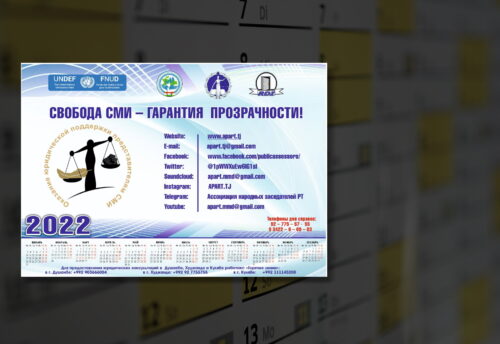In his address, it is noted that the events of recent days taking place in the Islamic Republic of Afghanistan are becoming a matter of concern for the world community. As follows from the world media, human rights and freedoms in this country are in a very tense situation.
Despite the fact that the protection of human rights and freedoms during armed conflicts is largely ensured by the norms of international human law, however, despite this, attacks by armed forces financed by the Taliban (Taliban) using prohibited norms of international human law that can cause great damage to the civilian population are increasing every day. Such attacks on civilians and the use of unscrupulous weapons infringe not only on fundamental human rights – the right to life, but also the norms of the women’s conventions since 1949 and the additional protocols of 1977, which form the basis of international humanitarian law, are fully violated.
Unfortunately, the relevant UN structures and Agencies for the Protection of Human Rights voluntarily remain silent and do not represent any responsibility for the restoration of human rights and freedoms, including children, disabled people, women and girls, and other vulnerable groups of society. Every time there is a serious violation and massive infringement of human rights and freedoms and an unauthorized number of civilians in this country, causing discrimination against non-property peoples and peoples.
At the same time, the problem of Afghan refugees has become an urgent problem. Unfortunately, the results of the current situation show that a significant part of the civilian population of the Islamic Republic of Afghanistan faces great difficulties due to the threat to their life and health, as well as their family members, when crossing the borders of other States in order to obtain asylum.
Therefore, the Commissioner for Human Rights in the Republic of Tajikistan, addressing all national institutions for the protection of human rights (ombudsmen), called for the timely prevention of violations of human rights and freedoms and their rehabilitation on the territory of Afghanistan, cooperating with their governments and relevant state structures and not being neutral in resolving this issue.
The information is taken from the website www.ombudsman.tj.




Leave a Reply